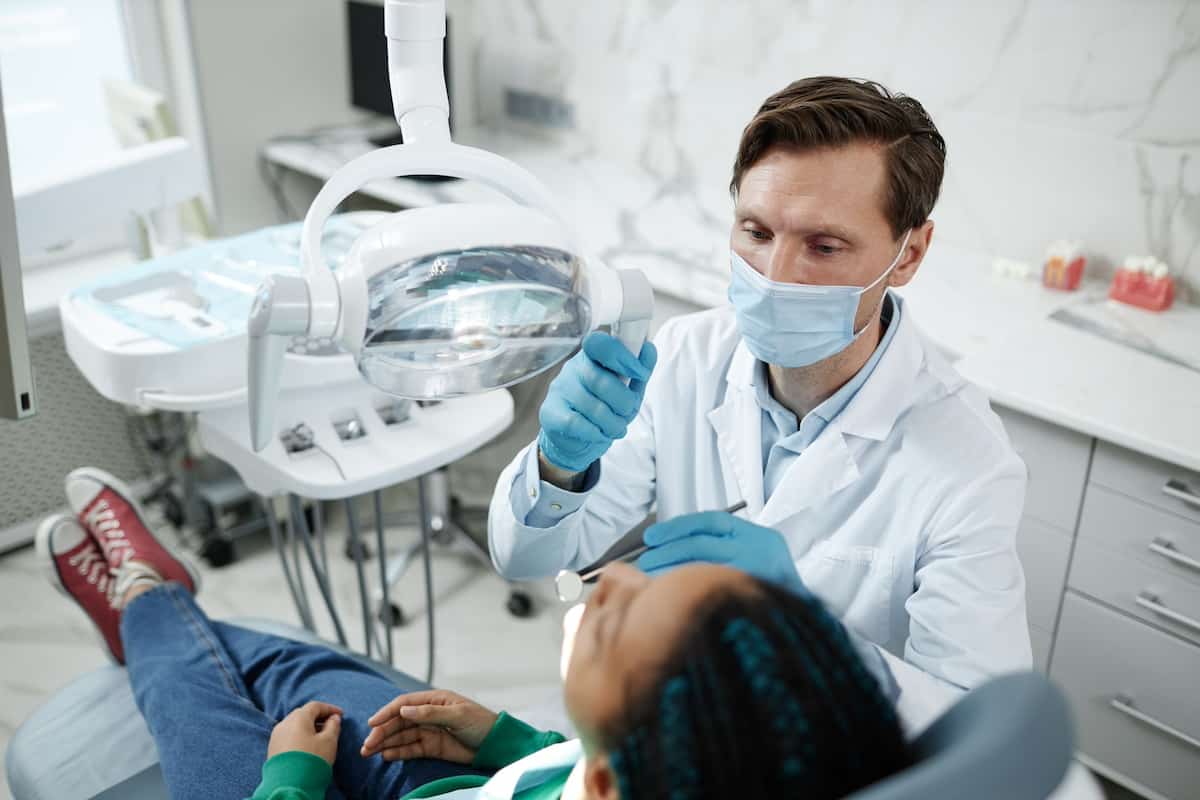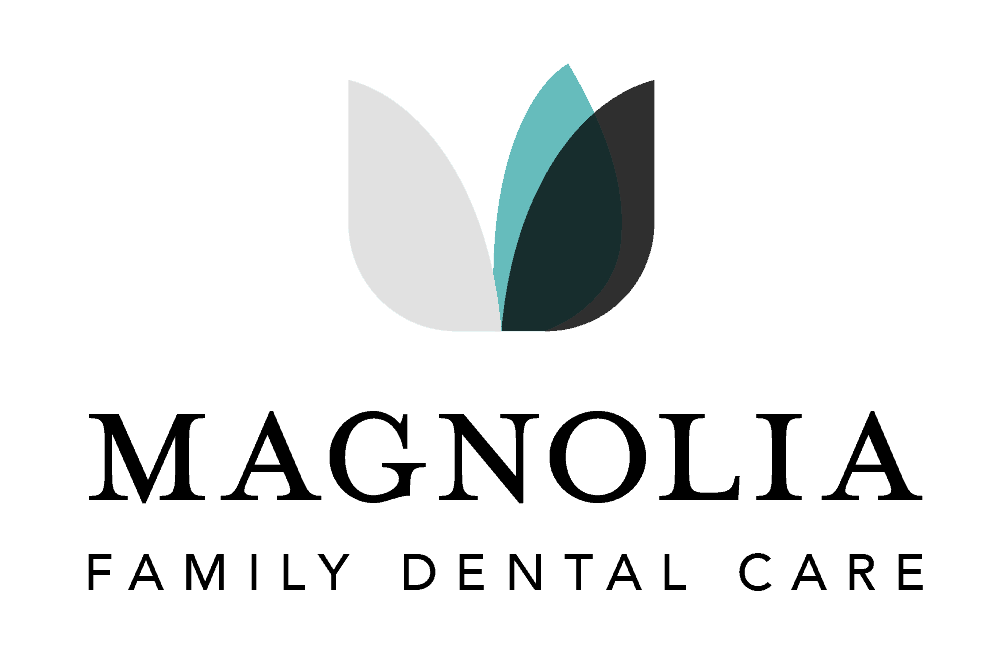
21 Feb Quick Toothache Relief at Home
Let’s face it, toothaches are the worst! They come out of nowhere and suddenly, you’re dealing with discomfort that turns your whole day upside down. But before you start worrying, let’s dive into understanding the root of the problem – literally.
Could it be a cavity having a party in your tooth, gum disease gatecrashing your oral health, or maybe an impacted tooth trying to make its way into the world? Identifying the cause is your first step toward finding relief. And don’t worry, we’ve also got some cool home remedies to tide you over until you can see your dentist. So, buckle up for a guide that’ll help you manage that pesky toothache and get you back to smiling in no time!
Identifying the Cause of Your Toothache
Ever wondered why sometimes your mouth feels like it’s hosting a not-so-fun party for one, complete with a throbbing beat? You’re not alone! Many people experience this uncomfortable sensation, and today, we’re diving into the reasons behind that throb in your gob.
-
Toothache
Starting with the most obvious, a toothache can be the prime suspect behind that relentless throbbing. This can range from mild discomfort to a take-your-breath-away type of pain. Causes? Think cavities, cracked teeth, or gum disease. These little dental nightmares can send signals to your brain saying, “Hey, something’s wrong here!”
-
Abscessed Tooth
Taking the discomfort up a notch, an abscessed tooth occurs when a pocket of pus caused by a bacterial infection takes residence in your mouth. This is the kind of guest you don’t want to overstay their welcome. It not only brings pain but can cause swelling and a bad taste in your mouth.
-
Gum Disease
Gums are the unsung heroes of our mouths, and when they get inflamed or infected (a condition known as gingivitis or periodontitis), they can cause a serious throb. Gum disease can sneak up on you, often with little pain until it becomes severe. Regular checkups? Necessary.
-
Sinus Infections
Plot twist: Sometimes, the issue isn’t even in your mouth! Sinus infections can press down on dental roots through the sinuses, mimicking a toothache. If you’re also dealing with congestion and a stuffed nose, this might be your culprit.
-
Jaw Issues
Conditions like TMJ (temporomandibular joint) disorders can throw a wrench into the works, causing pain that radiates through your jaw, ear, and yes, your teeth. If your pain comes with a side of clicking noises or difficulty moving your jaw, this could be it.
-
Dental Work
Had some work done recently? Fillings, extractions, or other dental procedures can leave your mouth feeling tender and throbbing. This is usually temporary but can throw you for a loop if you’re not expecting it.

So, What’s the Move?
Awareness is step one. If your gob’s throbbing, don’t ignore it. A visit to the dentist can help pinpoint the issue before it becomes bigger than a dislike for Mondays. Early diagnosis is key to keeping that smile not just beautiful, but healthy too.
Remember, your mouth is like the main character in the story of your health. Treating it well and paying attention to its needs can save you a whole lot of drama (and pain) down the line. Keep brushing, keep flossing, and never underestimate the power of a dental checkup.
Natural and Home Remedies for Toothache Relief
Fighting off dental discomfort doesn’t always mean a rush to the dentist for Tulsa toothache relief. Sometimes, the solution is as close as your kitchen cupboard. Before diving in, remember, these remedies are temporary fixes. If the pain persists, seeing a professional is a must. But for those moments when you need immediate relief, let’s explore how everyday kitchen items can be your dental distress dial-down heroes!
Swish with Saltwater
This isn’t just an old wives’ tale—rinsing your mouth with a saltwater mixture can be a quick fix to reduce dental pain and swelling. The magic ratio? Mix 1/2 teaspoon of table salt into 8 ounces of warm water. Swish around the affected area for 30 seconds and spit. This osmotic effect can help reduce swelling and zap those pain signals temporarily.
Clove Oil Compassion
Clove oil is like the superhero of toothache remedies. Why? It contains eugenol, a natural anesthetic and antibacterial. Just dab a small amount onto a cotton ball and apply it to the distressed area. Fair warning: the taste can be strong, but the relief potential? Immense.
Garlic: Not Just for Vampires
Garlic isn’t just for keeping the vampires away; it can also punch toothache pain in the face. Crush a garlic clove to create a paste and apply it to the affected tooth. Why does this work? Garlic has antimicrobial properties, helping to kill bacteria causing some of your dental pain. It might not be great for your breath, but it’s fantastic for relief.
Onion Onslaught
Next time you’re chopping onions and fighting back tears, keep a slice aside for dental woes. Chewing a raw onion for a few minutes can kill germs in the mouth, thanks to its antimicrobial properties. Not a fan of chewing? Placing a piece directly on the troubled tooth can also provide relief.
Tea Bags to the Rescue
Tea bags aren’t just for a cozy evening. A used tea bag—especially black tea—can be a wonderful remedy for dental distress. The tannins in the tea can help reduce swelling and pain. Make sure the tea bag is warm (not hot) and apply it to the affected area. It’s a soothing, antioxidant-rich solution.
Cool Cucumber Calm
Cucumbers have soothing properties and can provide a cooling relief to the affected tooth or gums. Slice a fresh cucumber and hold it in your mouth over the sore area. For an extra anesthetic effect, chill the cucumber in the fridge before using it.
Remember, while these kitchen staples can offer temporary relief, they’re not cures for serious dental problems. Persistent pain or discomfort is your mouth telling you to visit a dentist. But, when in a pinch, these remedies can dial down the distress, making dental pain a little more bearable until you can get professional help. Who knew your kitchen could double as a dental first aid kit?

When to See a Dentist for Toothache Relief
Knowing when to stop googling and start dialing your dentist can save you not just from a world of pain but also from potential long-term dental issues. So, let’s dive into some less obvious, yet equally important signs that it’s time to put down the phone and pick up the dentist’s appointment.
- Persistent Bad Breath: If you’ve been religiously brushing, flossing, and mouthwashing, yet that bad breath seems to be loyal to you, it’s a sign. Persistent bad breath could indicate deeper issues like infections or other oral health problems. It’s more than just about mints now, folks.
- Increased Sensitivity to Hot and Cold: Enjoying that ice cream or sipping on hot coffee shouldn’t be a test of endurance. If you find yourself wincing every time you indulge in foods or drinks at extreme temperatures, it’s a clear sign something’s off. This could point towards enamel erosion or a possible cavity. Don’t let it slide; your dentist needs to hear about this.
- Bleeding Gums: If seeing a bit of pink in the sink becomes a regular occurrence every time you brush or floss, alarm bells should ring. While it could be due to your brushing technique, bleeding gums can also be an early sign of gum disease. Better safe than sorry, so make that call.
- Dry Mouth: It might not seem like a big deal initially, but a dry mouth can be a breeding ground for bacteria, leading to a host of dental issues. If you’re constantly reaching for a glass of water and it still feels like the Sahara in there, it’s time to consult your dentist. It could be a side effect of medication or a symptom of a bigger issue.
- Loose Teeth: Adult teeth should be steadfast and immovable. If you notice a wiggle or a change in the way your teeth fit together when you bite, it’s a red flag. It could be a sign of bone loss or gum disease. This isn’t something to push to the back of your mind; your dentist needs to know ASAP.
- Changes in the Mouth: Our mouths can be the window to our overall health. White patches, new lumps, or long-lasting sores in your mouth or on your lips are not just nuisances. They could be signs of oral cancer or other diseases. Early detection is key, so if you notice something new or something that doesn’t heal, dial that dentist.
Remember, while the internet can be a fantastic place to find DIY solutions and understand more about dental health, it’s not a substitute for professional advice. If you experience any of these signs or just feel that something in your mouth feels off, don’t hesitate. Googling your symptoms won’t make them go away, but your dentist can help. Making that call could not only save your smile but also ensure you’re in good overall health. Keep these tips in mind, and let’s keep those pearly whites happy and healthy!

Final Thoughts on Toothache Relief
Got a toothache? Now you’ve got a plan! Remember, understanding the cause of your tooth pain is like being handed the map in a treasure hunt – it guides you toward the right solutions. While natural remedies are great for temporary relief, they’re just the first step.
It’s essential to pay attention to what your body is telling you, especially if the pain persists or comes with bonus features like swelling or fever. So, treat those home remedies as your trusty sidekick until you can make it to the dentist’s chair. Toast to taking control of your dental health and making informed decisions. Here’s to less toothache turmoil and more reasons to flash that beautiful smile!


Sorry, the comment form is closed at this time.